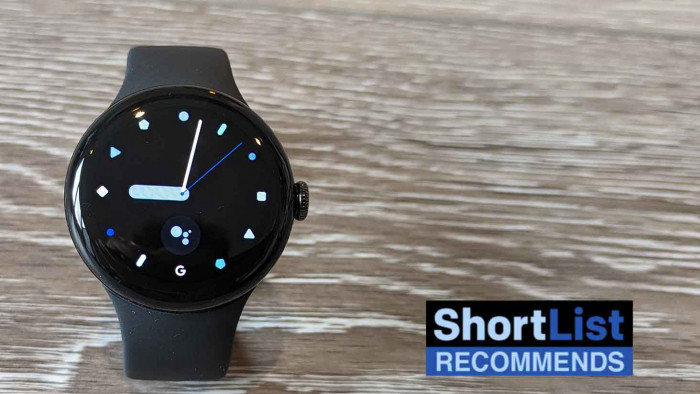Important news for anyone who watches porn (i.e. quite a few of you) – the UK porn block is being brought in as early as April 1st.
The block will prevent anyone from watching porn unless they provide age-verification such as proof of age or credit card details. Sites that don’t demand such verification could be fined up to £250,00 – or may even be completely blocked by UK service providers.
Sites are likely to use a new system, AgeID, which also allows customers to buy ID cards that, alongside a mobile app, can verify age and identity.
“When a user first visits a site protected by AgeID, a landing page will appear with a prompt for the user to verify their age before they can access the site,” AgeID spokesperson James Clark told The Metro. “Each website will create their own non-pornographic landing page for this purpose.”

“First, a user can register an AgeID account using an email address and password. The user verifies their email address and then chooses an age verification option from our list of 3rd party providers, using options such as Mobile SMS, Credit Card, Passport, or Driving Licence.”
The move was part of a government attempt to stop under 18s being exposed to explicit material. It’s taken a while for us to get here – “it has taken longer than I would have liked, but I’d balance that with a confidence that we’ve got it right,” Margot James, the Department for Digital, Culture, Media and Sport (DCMS) minister told MPs last year.
But not everyone is happy about it, with many critics believing that the move infringes on privacy.
“There’s privacy issues - you’re requiring people to effectively announce the fact they are looking at this material to the credit card authorities,” said Dr. Joss Wright from the Oxford Internet Institute. “And there’s serious security issues from requiring people to enter their credit card details into untrusted sites.”
(Images: Getty / Unsplash)










